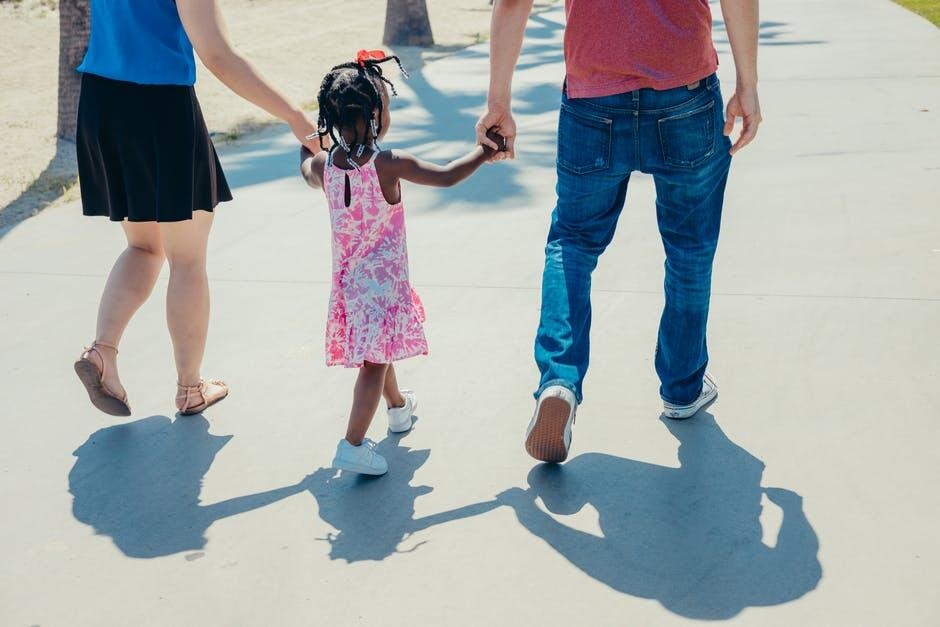Bringing a child into your family is a life-changing decision filled with love, joy, and sometimes challenges. Whether through fostering or adoption, each path offers unique experiences and responsibilities. But how do you decide which is right for your family?
Read on to learn the difference between foster vs adopt.
Difference in Legal Rights
The main difference between foster care and adoption is the legal rights of the child. In foster care, the state remains the legal guardian of the child while they are placed in a temporary home.
On the other hand, adoption results in a permanent change in legal guardianship. Following the completion of the adoption process, the adoptive parents acquire full parental rights and obligations over the kid. The legal rights of the biological parents are terminated and given to the adoptive parents during the adoption procedure.
Financial Considerations
Another difference between foster vs adopt is the financial aspect. In foster care, the state provides financial support to cover the basic needs of the child, such as food, clothing, and medical expenses. However, this support is not intended to be a source of income for foster parents.
Adoption does not come with any financial support from the state. The adoptive parents pay for all expenses to raise the child. This includes education, healthcare, and daily needs. Adopting a child can also involve legal fees and other associated costs.
Duration of Placement
Foster care is intended to be a temporary solution for children who are unable to live with their biological families. The goal of foster care is to reunite the child with their biological family through rehabilitation and support services.
On the other hand, adoption results in a permanent placement for the child. Once an adoption is finalized, the adoptive parents become the child’s legal parents until they reach adulthood.
Emotional Considerations
Both fostering and adopting involve forming emotional attachments to a child who may have experienced trauma or difficult circumstances. However, the nature of these relationships may differ.
Foster care often involves providing short-term care for multiple children over time. Foster parents need to be ready for the child to go back to their biological family. Adopting a child means forming a lifelong bond and commitment to raising them as your own.
Long-Term Planning
When considering fostering vs adopting, it’s important to think about your long-term plans and goals. Fostering allows you to provide a temporary safe haven for children in need, and you may foster multiple children over the years. This can be a rewarding experience for those who wish to have a continuous, albeit temporary, impact on various children’s lives.
Adoption, conversely, is a lifelong commitment. You must fully integrate the child into your family. You should expect them to stay in your family forever.
If you need help, you can visit foster care agencies in Oregon. They can provide guidance and support as you make this important decision for your family. Whether fostering or adopting, both paths offer a chance to make a positive impact on a child’s life and create a loving home.
Differentiating Foster vs Adopt
The foster vs adopt decision ultimately depends on your family’s goals and abilities. Both paths come with unique challenges and rewards, so it’s important to carefully consider all factors before making a decision. Whichever path you choose, know that you are making a positive difference in a child’s life by providing them with love, stability, and a safe home.
Visit our website for more like this.





Be First to Comment